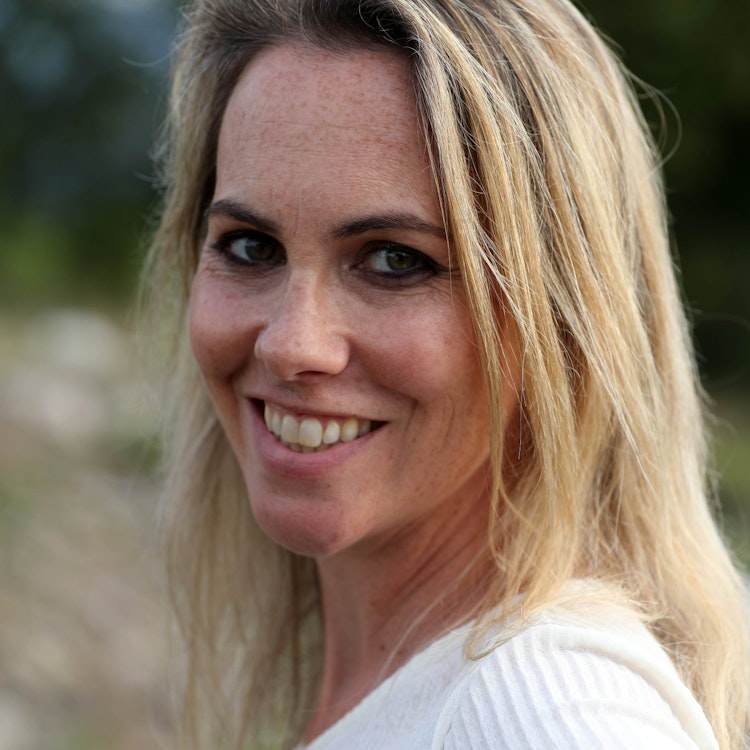We’ve all heard of missionary vs mercenary founders. But now there’s a new kid on the block: the HAIL founder.
According to new investment platform Yareta, a HAIL founder is one who has suffered Hardship, Alienation, Illness or Loss, and who uses that adversity to fuel their entrepreneurial spirit, often towards positive social change.
Well-known examples include Jan Koum, Tristan Walker and Mary Portas.
But why is it important to understand your founder motive, and how can doing so increase your startup’s probability of success?
What is your founding story?
It all starts at the beginning: with the founding story.
When your startup is just an idea, you will use your founding story over and over and over again to inspire customers, recruit employees and unlock investor cheque books.
Your founder motive — whether it be missionary, mercenary or HAIL — needs to be an integral part of your founding story. You have to work hard to distil it, and connect it to your founder story in a way that’s both powerful and authentic.
Digging into your founding motive can sometimes require an uncomfortable level of introspection and honesty; but when done right it can supercharge your founder narrative, and be your passport to success for many years to come.
Singing from the same hymn sheet
Being extremely clear about whether you’re a missionary, mercenary or HAIL founder is also critical to ensure stakeholder alignment, in particular between cofounders and external investors.
A missionary founder with a mercenary investor, for example, can be a recipe for disaster when the rubber really hits the road
Noam Wasserman, author of The Founder’s Dilemmas, says that 65% of startups fail due to cofounder conflict.
If cofounders have different motives at the start of their venture together, then the probability of conflict — and therefore failure — is unfortunately significantly heightened.
Likewise, with investors, there’s an enormous difference between investors who are investing for the long term versus investors who are in it for the quick return versus investors who are backing you personally as an entrepreneur.
It’s absolutely critical that early on in the fundraising process you’re extremely clear about what type of founder you are, and why, so you can proactively screen for investors who are well aligned with this. A missionary founder with a mercenary investor, for example, can be a recipe for disaster when the rubber really hits the road.
Knowing your blindspots
Although legendary venture capitalist John Doerr is convinced that missionary founders deliver better long-term returns, and Yareta is convinced that backing HAIL founders is the answer to success, there are also plenty of examples of successful mercenary founders too.
So it’s arguably less about which founder type is "better" and more about correctly identifying what sort of founder you are, harnessing the strengths that come with that, and then working hard to mitigate your blindspots.
Missionary founders, for example, are renowned for their resilience, customer obsession, brand-building chops and focus on the long term. Their blind spots, however, can be about knowing when to pivot, or acknowledge that something isn’t working, and recognising that not everyone shares the same mission or motivation as themselves.
Mercenary founders, on the other hand, are brilliant at spotting an opportunity and harnessing the power of market momentum, as well as utilising the craft of company building to unlock it.
However, they can often lack the staying power of missionary or HAIL founders when the going gets tough, and may also under invest in brand building and storytelling, which is often an important component of out-sized success.
HAIL founders can share many of the characteristics of both the missionary and the mercenary founders — they tend to have grit and resilience in spades, and when their inner fire is focused on a specific mission or company-building opportunity they can be unstoppable.
However, a major watch-out for HAIL founders is recognising that your startup can’t quiet your inner demons, taking care to avoid burnout and understanding that others might have different motivations than your own.
What’s your mix?
Although missionary, mercenary and HAIL founders sound as if they’re mutually exclusive, the reality is many founders represent a combination of these. But it’s your dominant type that’s most important and that will guide absolutely everything about your startup — from its mission to its metrics, and its product to its profitability.



